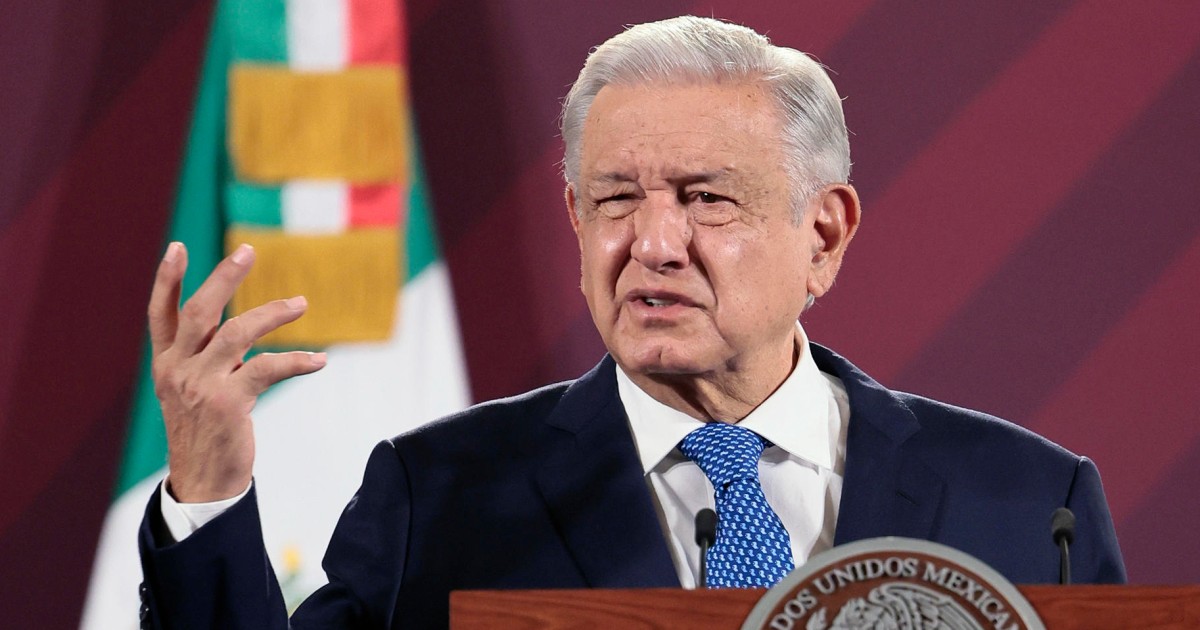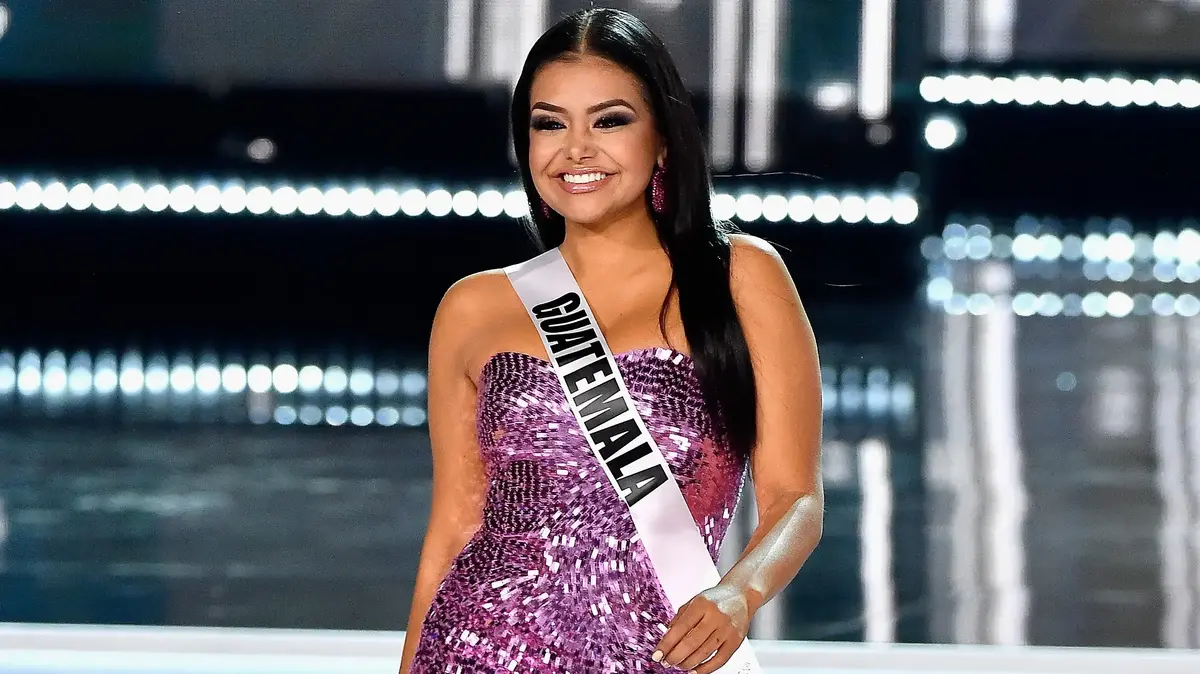Mexico issued an arrest warrant on Friday for the former secretary of Public Security, Genaro García Luna, who faces a trial in New York for crimes related to drug trafficking and the Sinaloa Cartel, according to the newspaper Milenio and the news agency The Associated Press.
The Attorney General's Office (FGR) accuses him of illicit enrichment of almost 28 million pesos
, more than 1.3 million dollars, which were used to purchase real estate in Mexico, according to Milenio.
For this reason they are "assessing the viability of initiating an extradition process through the Ministry of Foreign Relations," according to US sources.
The politician would have tried to hide the bribes and the aid given to drug traffickers, for which he could face a minimum sentence of 10 years in prison and a maximum of life imprisonment.
García Luna, 52, was Secretary of Public Security from the end of 2006 to 2012 in the government of former President Felipe Calderón
and was considered one of the key men in the war against organized crime that began during that Administration.
He was arrested in December 2019 in Dallas, Texas, and is currently incarcerated in New York.
[What awaits General Cienfuegos in Mexico after avoiding drug trafficking charges in the US]
In October, Judge Brian Cogan of the Eastern District Court of New York read him the five charges he now faces after a jury found him guilty of new crimes and the Mexican pleaded not guilty.
Former Secretary of Security of Mexico, Genaro García Luna, will be tried in the same court as & # 039; El Chapo & # 039;
Guzman
Dec. 17, 201901: 49
García Luna was the highest-ranking former Mexican official captured in the United States until the arrest in October of General Salvador Cienfuegos Zepeda, in a totally unexpected event that outraged the Mexican government because the US authorities had not informed them about it.
The Government of Andrés Manuel López Obrador always considered García Luna as an example of how previous administrations were corrupted by organized crime.
However, in the case of the former army chief with his predecessor, Enrique Peña Nieto, he questioned the validity of the evidence against the military.
[Mexico City prepares for the Christmas holidays as it is on the verge of going to a red light due to COVID-19]
Cienfuegos had been accused of several crimes also related to drug trafficking, but since Mexico considered that not informing them of the investigations was in breach of the bilateral agreements, it initiated strong diplomatic pressure - even threatening to review all cooperation in matters of security -
until it managed to get the United States to he will withdraw the charges against the soldier and the general will return to the country as a free man,
although with the commitment to be investigated.
The day after his return, the Foreign Minister, Marcelo Ebrard, stressed that
Mexico does not want its public servants accused of corruption to be prosecuted in the United States
, although he had previously indicated that the case of Cienfuegos could not be compared to that of García Luna because the former secretary Security was a resident of the United States.
One of the new charges against García Luna in the New York court is that of belonging to a criminal company, aggravated by the trafficking of 5,000 kilograms of cocaine in 2008, 42,000 kilograms in 2007 and three other operations in 2002 and 2003.
[This is how the Jalisco Nueva Generación Cartel trains its hitmen to learn how to handle weapons and disappear bodies]
He is also accused of criminal association to obtain, distribute and import cocaine and of having lied to the US border authorities in 2018 by saying that he had never committed a crime.
The prosecution said it had more than 189,000 pages of evidence against the former secretary
who, in the past, has pleaded not guilty when he was accused of receiving huge amounts of money from the Sinaloa cartel, led by Joaquín
El Chapo
Guzmán, in exchange for allowing that he trafficked drugs at ease.
The US government has said it expects the trial against the Mexican, whose next hearing is scheduled for December 7, to last two to three months.
[Mexican drug lord Rafael Caro Quintero leads the list of criminals wanted by the DEA]
If Mexico finally decides to initiate the extradition proceedings, the process could take months, especially if the person involved appeals.
US authorities estimated that the trial in New York could last two or three months.
"The reason why García Luna would be virtually extradited is less serious than the charges he faces in the United States," national security expert Víctor Hernández told Noticias Telemundo.
The Senate of Mexico approved eliminating the jurisdiction of the president
Nov. 27, 202000: 28
Experts believe that García Luna's fate may be similar to that of Cienfuegos.
It is not clear if the objective would be to bring him to the country before he can be sentenced there
or if, as has happened in the past, the Mexican authorities would do so after he served an eventual sentence in the United States, as has happened on other occasions.
The return of General Cienfuegos was immediate because the charges were dropped and he was released since there was no arrest warrant against him in Mexico.
[José Manuel Mireles, former leader of the self-defense groups of Michoacán, dies of COVID-19]
The 72-year-old military man was secretly indicted by a federal investigative jury in 2019 in New York for
conspiring with the H-2 cartel in Mexico
to traffic thousands of kilos of cocaine, heroin, methamphetamines and marijuana when he was secretary of the Defense from 2012 to 2018.
According to the prosecution, intercepted messages showed that Cienfuegos accepted bribes in exchange for guaranteeing that the army did not fight that cartel and that operations were undertaken against rival criminal groups.
He was also accused of introducing cartel bosses to other corrupt Mexican authorities.
The US authorities alleged that the evidence against him was solid but in a totally extraordinary move and in the middle of the post-election process in the United States, the Donald Trump Administration chose to drop the charges and return the general to Mexico, where the military had already shown his anger at the arrest.
[The LeBarón family fears "repercussions" after the arrest of three alleged perpetrators of the massacre against them]
The return of the military man provoked strong criticism
from those who believe that Mexico will not prosecute him, but Foreign Minister Ebrard promised that there is no impunity and said that the Mexican prosecutor's office has already received all the evidence from his US counterparts.
"It would be very costly for Mexico to have chosen to have this conversation with the United States
, to have the charges against a former secretary, in this case of Defense, be dismissed for the first time in history, to have him returned to Mexico and then do nothing" Ebrard noted.
"That would be almost suicidal."
With information from Milenio and AP.


/cloudfront-eu-central-1.images.arcpublishing.com/prisa/72V5ILYZORGNLHVFBL5EFHNU6Q)






/cloudfront-eu-central-1.images.arcpublishing.com/prisa/BDM5SHUEO3DCZI5U6TA4BHKPYQ.jpg)





